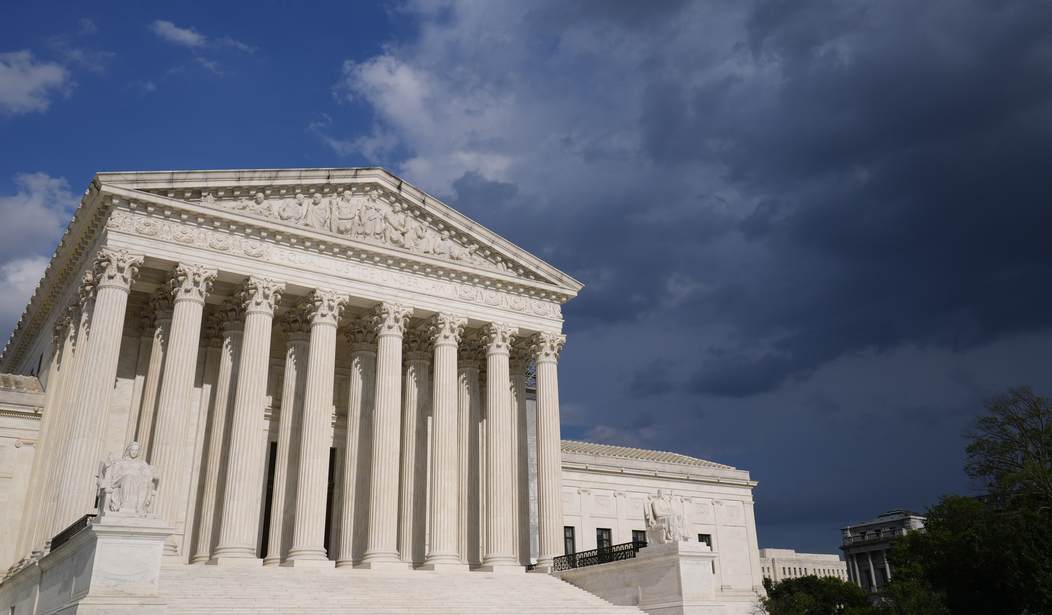In a bold move that threatens the very foundation of our constitutional democracy, President Joe Biden has proposed sweeping reforms to the U.S. Supreme Court. These changes, including term limits for justices and a binding code of ethics, strike at the heart of judicial independence and the separation of powers. President Biden's Supreme Court reforms are not only unconstitutional but also dangerously undermine the principles of judicial independence and checks and balances, clashing with the intent of our founding fathers and jeopardizing the integrity of our legal system.
President Biden is advocating for imposing 18-year term limits on Supreme Court justices. This is a direct affront to the Constitution’s provision for lifetime appointments. The framers of the Constitution deliberately chose lifetime tenure for justices to shield them from political pressures and ensure that their decisions are guided solely by the law and the Constitution, rather than by the changing winds of political sentiment. Term limits would subject the Court to a constant cycle of appointments and reappointments, making it more susceptible to political influence and reducing the stability and continuity of legal interpretations. Justices would feel pressure to rule in certain ways in hopes of seeking appointments or employment following their tenure on the Supreme Court.
The proposal to establish a binding code of ethics for Supreme Court justices, dictated by Congress, violates the separation of powers. The judiciary must remain an independent branch of government, free from the overreach of the legislative and executive branches. Allowing Congress to prescribe ethical guidelines for justices opens the door to potential coercion and manipulation, compromising the judiciary's impartiality and independence. This encroachment on judicial autonomy undermines the very foundation of our system of checks and balances. An imposed code of conduct could be partisan and weaponized based on which party held the majority of seats at the time.
Reversing the Supreme Court’s decision on presidential immunity is another troubling aspect of Biden’s proposed reforms. This move not only challenges the authority of the Supreme Court but also risks politicizing its decisions. The Supreme Court’s role is to interpret the Constitution and ensure that no one, including the president, is above the law. Interfering with this process for political gain sets a dangerous precedent and erodes the Court’s credibility and legitimacy.
The intent of the founding fathers was to create a system of government where power is divided among three co-equal branches, each serving as a check on the others. This separation of powers is designed to prevent any one branch from becoming too powerful and to safeguard individual liberties. Biden’s reforms, however well-intentioned, disrupt this balance and threaten to concentrate power in the hands of the executive and legislative branches.
Historical attempts to reform or manipulate the Supreme Court have shown that such efforts can have lasting negative consequences. President Franklin D. Roosevelt’s court-packing plan in the 1930s was an overt attempt to influence the Court’s decisions in favor of his New Deal policies. While the plan ultimately failed, it left a lasting impact on the Court’s approach to constitutional interpretation and damaged public trust in the judiciary.
Recommended
President Biden’s proposed Supreme Court reforms are not only unconstitutional but also pose a significant threat to the independence and integrity of the judiciary. By undermining the principles of lifetime tenure, separation of powers, and judicial independence, these reforms clash with the foundational intent of the Constitution. It is imperative that we preserve the checks and balances that protect our democracy and ensure that the Supreme Court remains an impartial and independent arbiter of the law.
Parker McCumber is a doctoral student, entrepreneur, commissioned officer in the National Guard, and a political and economic contributor Follow him on X @Parker_McCumber.

























Join the conversation as a VIP Member